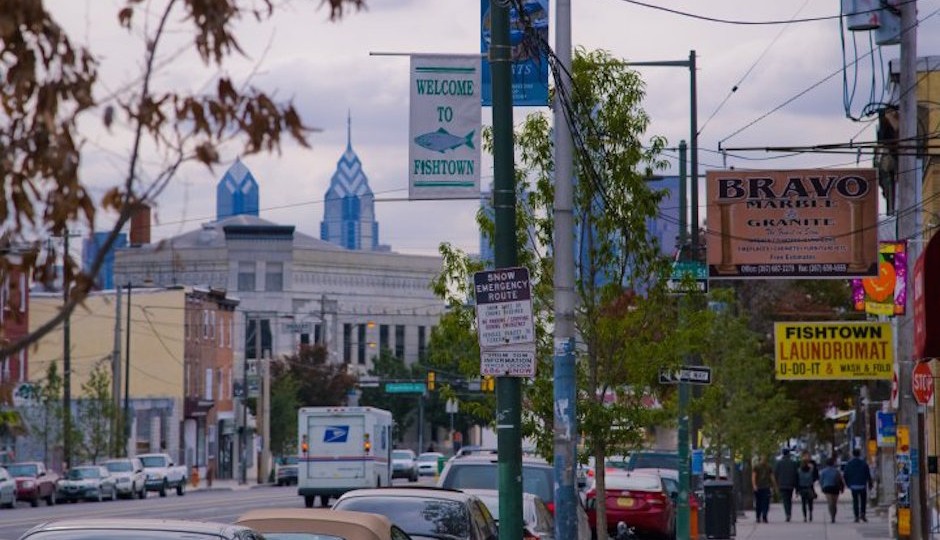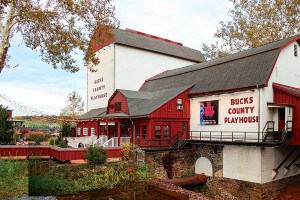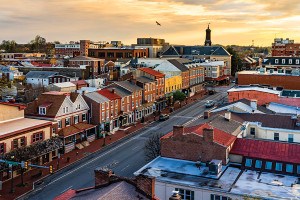Does the Neighborhood We Grow Up in Determine Our Future Salary?

Image: M. Kennedy via GPTMC
Well, here’s some food for thought. CityLab‘s Richard Florida (who showed us where Philly’s creative class lives back in 2013) recently published an article based on findings from two studies that took a look at how neighborhoods can mark its denizens’ future paychecks.
The first of these studies noticed that the “neighborhood in which one lives for the first 16 years of life” can determine our incomes between ages 30 and 44. It attributed the effect to “the characteristics of neighborhoods,” rather than the long-asserted belief that parental income and education alone were the factors dictating a person’s future income:
Their results are striking. Rothwell and Massey find the neighborhood effect to be 50 to 66 percent of the effect of parental income. This means, as they write, “growing up in a poor neighborhood would wipe out much of the advantage of growing up in a wealthy household.”
Meanwhile, the second study focused more on the home and workplace location to see which had the stronger effect on the incomes of blue collar, service, and “knowledge and creative” workers. It made the following discovery:
Neighborhoods have a very different effect on the incomes of blue collar and service workers as compared to knowledge and creative workers. First, residential neighborhoods have a relatively bigger effect on the incomes of blue collar and service workers. This, the researchers suggest, may be because these workers are more likely to “network” with friends and neighbors to find good jobs.
The income of “knowledge and creative workers”, on the other hand, appeared to be more impacted by the location of their workplace than where they live:
[They] receive a clearer income boost from being employed in a workplace within a creative cluster, perhaps because these clusters are also where “they can change jobs frequently, and where firms compete for some talent.”
• How Your Neighborhood Affects Your Paycheck [City Lab]


